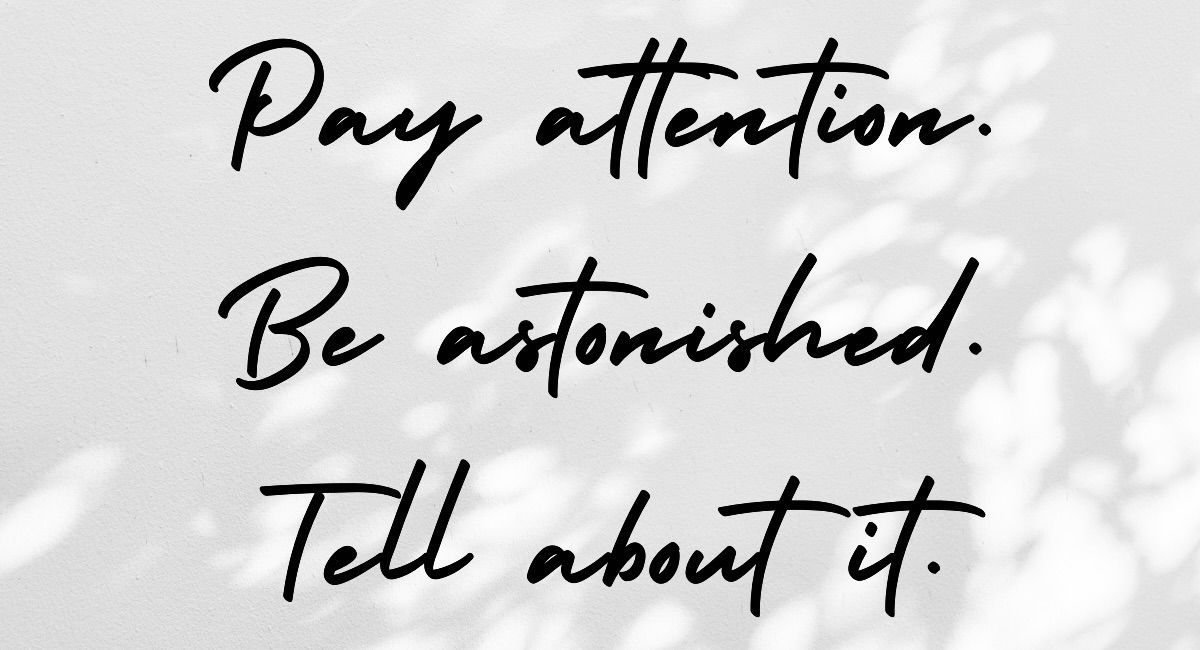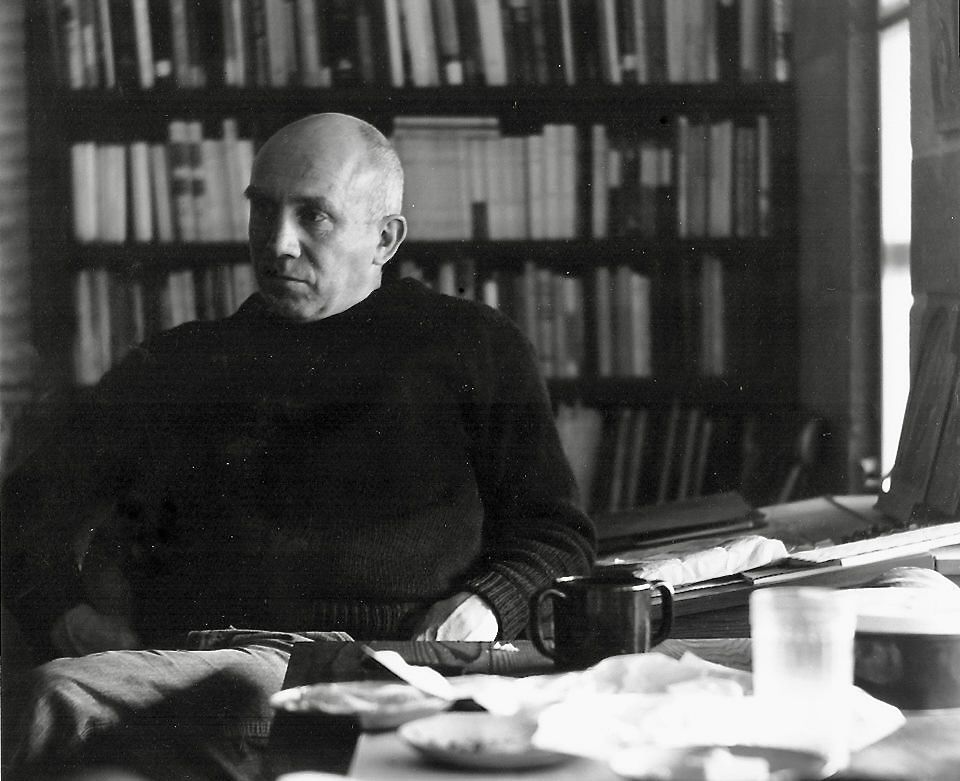The More Things Change
October 24, 2025
Sign up for blog updates!
Join my email list to receive updates and information.

"The colossal sense of failure in the midst of success.”

I celebrated another birthday last week, a lofty number I thought I’d never see. The older I get, however, the more I understand that not much really changes in this life and in this world.
I like to read an excerpt of Thomas Merton’s Journals most mornings. This gifted writer was a perspicacious observer of his place in history, even though he peered from the confines of a Trappist monastery in the hills of Kentucky.
Last week, for example, in a journal entry from 1962, he wrote of being almost forty-eight years old.
“It is doubtless time to feel a change of climate in my physical being, which begins to dispose itself for its end some one of these years.”
Bingo, Thomas! I was in my forties when I was assailed by two contradictions. I was at the height of my physical attributes, training to run the New York City Marathon, while sensing that my body was beginning to “dispose itself for its end.” Eyesight diminishing. Hair thinning. Cheeks thickening.
In Merton’s 1962, our government was determined to deepen our involvement in Vietnam, believing we could succeed where the French didn’t.
Contrast Merton’s 1962 assessment with our country’s current state of affairs:
". . . this sense of death and desperation running through my whole society with all its bombs and its money and its death wish. The colossal sense of failure in the midst of success.”
Bingo, Thomas! Vietnam was only the beginning. We learned nothing as a people. We kept electing leaders who found any excuse to involve us militarily in every far corner of the world.
Since the end of the Vietnam War in 1975, there have been almost twenty major U.S. combat operations, extended deployments, and significant military actions. My quick count doesn’t include our smaller military presence and advisory roles in numerous other countries.
Our pugnacious attitude isn’t uniquely American. Read the Hebrew Scriptures or review world history, and find that our persona as homo sapiens
is one of war after war after war.
Homo sapiens. Latin for wise man. Wise? Really?
So the violence we’re going through right now is really not all that new. What is it the French say? "Plus ça change, plus c'est la même chose."
The more things change, the more they stay the same.
This phrase, I’m told, is attributed to French critic and journalist Jean-Baptiste Alphonse Karr, who wrote it in 1849 to express the idea that even when there appear to be dramatic changes or upheavals, the underlying situation or human nature remains fundamentally the same.
But for me, the most arresting – and disturbing – words from Merton’s journal last week were these, because they apply so aptly to me, and maybe to you, as well:
“Now is the time I must learn to stop taking satisfaction in what I have done or being depressed because the night will come and my work will come to an end. Now is the time to give what I have to others and not reflect on it. I wish I had learned the knack of it, of giving without question or care. I have not, but perhaps I still have time to try.”
And yet, isn’t change our greatest source of hope in these times?
Poet Jane Hirshfield thinks so. She pins her hope on the truth articulated by Greek philosopher Heraclitus three thousand years ago: panta rei.
Everything changes.

